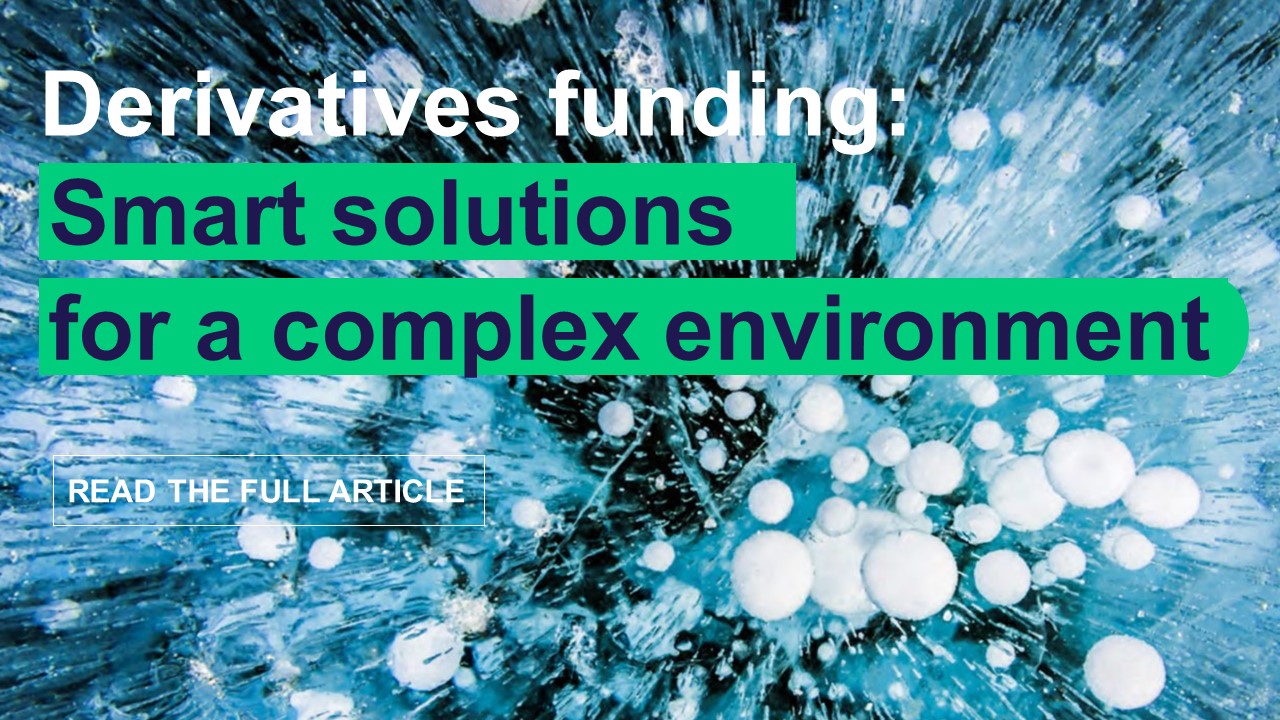How advanced is the understanding of ESG within fixed income?
It depends on the organization, for example we have been at the forefront of ESG Fixed Income investing since we launched our first Ethical Corporate Bond Fund way back in April 2000. Others are now playing catch up and like all asset classes there is growing demand for investment managers to demonstrate their ESG credentials.
How do you view ESG investing from a fixed income perspective?
ESG investment is much like any investment process from an active management perspective, in that our analysts and portfolio managers need to own it and fully understand how they want to implement it. We don’t just rely on a score or a rating by a third party. Ultimately, we are here to provide portfolios that outperform and our ability to do that is driven by our own intellectual property and expertise. Our inhouse analysis needs to be using all the data and relevant external sources that are available to get to the right conclusion. That increasingly includes ESG data from providers of sustainable and responsible information, materials and/or ratings. We want to have that data but, ultimately, it is just one factor in our internal process that forms our views. All that data and internal analysis helps portfolio managers to identify the relevance and materiality of ESG concerns in terms of making an investment decision.
What are the major challenges in ESG investing that are unique to fixed income?
In times past, lacking a vote, fixed income investors might have been seen as second-class citizens. I think the world has moved on and treasurers and finance directors realize the broad array of ESG issues are issues for equity and fixed income investors. Data gathering remains problematic and smaller companies (and likely weaker credits) will have typically less resource to provide the different responses required. The nature of the FI new issuance process often allows for less time to challenge companies for information and make a more informed ESG view.
How does your influence as an investor on company behavior differ with fixed income?
The key difference is you don't get a vote with bonds. But we are seeing a much greater understanding and a greater willingness to accept ESG parameters from an issuance perspective. We have a very engaged, responsive investment team that covers all aspects of ESG investment. But essentially, as active managers, our ultimate sanction is not to provide capital to issuers who are egregious in our eyes.
Clearly, there are a range of actions we as investors can take to change company processes and corporate behavior, which is done predominantly through engagement. It is only a small minority of firms within our universe in which we don't or won't invest.
The harsh reality is, of course, that as bondholders we are only able to go and influence decisions on information available in the public domain. All information should therefore be equally available. The reality is you can get further information by being engaged through our RI team and indeed by being engaged just by having a strong corporate research team. But that's a starting point. Nobody should be better informed than anybody else in terms of the information that is available.
How does that impact your views of rating agencies for ESG in fixed income?
Ultimately, any agency is only as good as the information they get and the conclusions that come from that. Nobody has a monopoly on the wisdom in terms of any of these issuers and provision of information is not the sole answer. The question is how far do rating providers provide the answer. It is disingenuous to say that they don't at all. But, ultimately, from an active investment sector, it is a judgment call that we take.
How do you expect ESG considerations to evolve in the fixed income market?
I believe ESG factors will carry materially more gravitas with both issuers and investors in the future. Some of the current factors incorporated in ESG will start to carry more weight and there will be preferences from different jurisdictions. So, I would anticipate greater focus on CO2 factoring into portfolios. This is in part is being driven by legislation, but there is also a desire to see portfolios skewed to ensure they are “future fit” to a less carbon intense world. Sustainability has a broader catch all – and obviously includes CO2 emissions as a key consideration – but, again, we have seen a stepped increase in the focus on this. Ultimately, the underlying market will evolve to ensure capital is better allocated to those with a more acute understanding of investor need. Evidently, to date, green bonds have helped satiate some of this demand, but I would anticipate greater transparency and focus from issuing companies who will seek to gain greater trust from investors at the corporate level.


